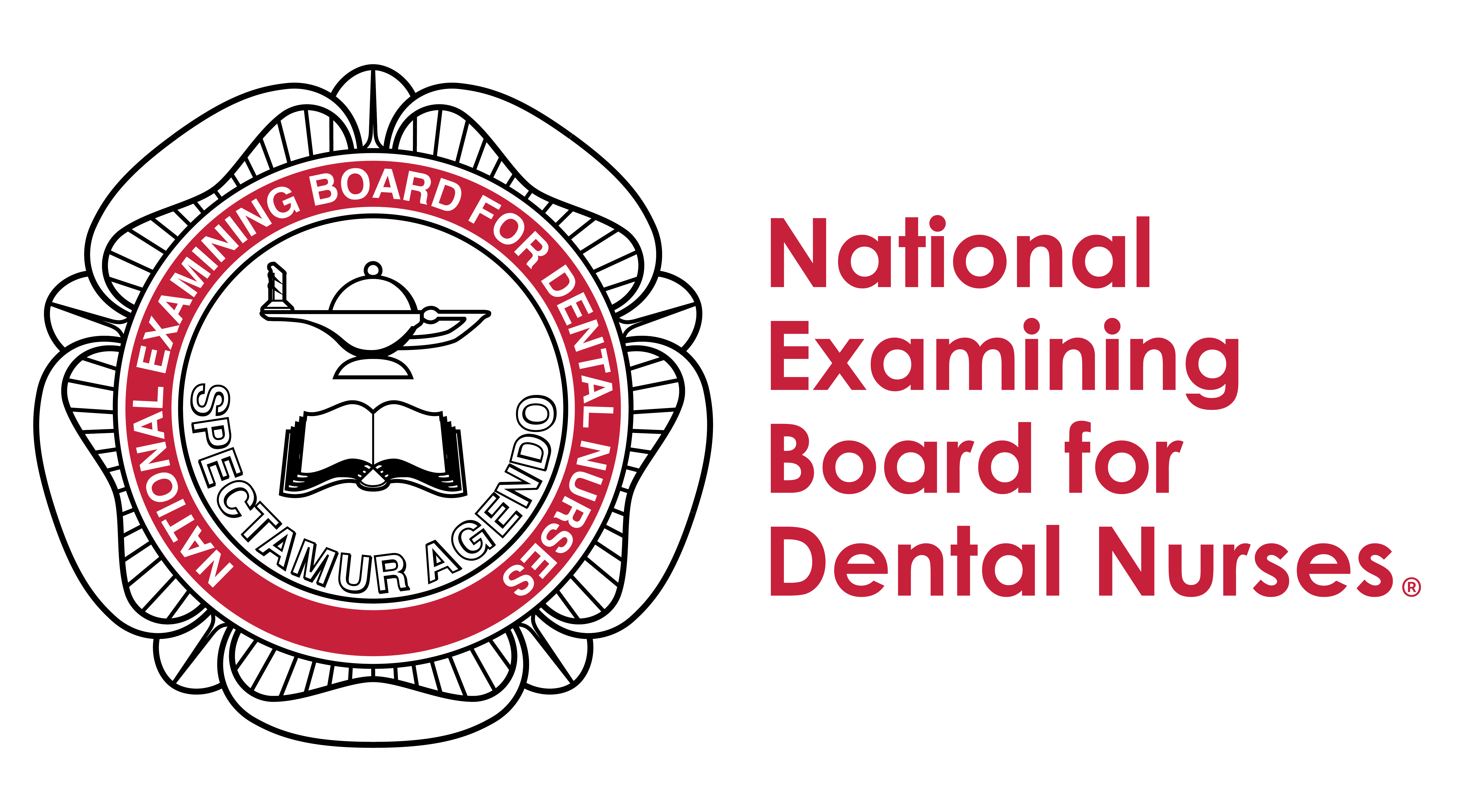Becoming a Dental Nurse
Dental Nurses provide chairside support to Dentists across the full range of treatment provision. They play a key role in the patient support aspects of the job and have responsibility for infection control and health and safety in the workplace.
To be a Dental Nurse you will need to have excellent communication skills, a caring nature and be highly organised. Dental Nurses need to be friendly and approachable, reliable, calm, and be flexible enough to respond to unexpected situations as they arise.
NEBDN offer two types of qualifications that lead to General Dental Council registration; the Apprenticeship as one product and the National Diploma as the other. Through government Apprenticeship funding, Learners can do a fee-free Apprenticeship removing the need for trainees to financially contribute to their course, or as an alternative, the National Diploma for trainee Dental Nurses with flexible study/work hours. For more information, click here.
